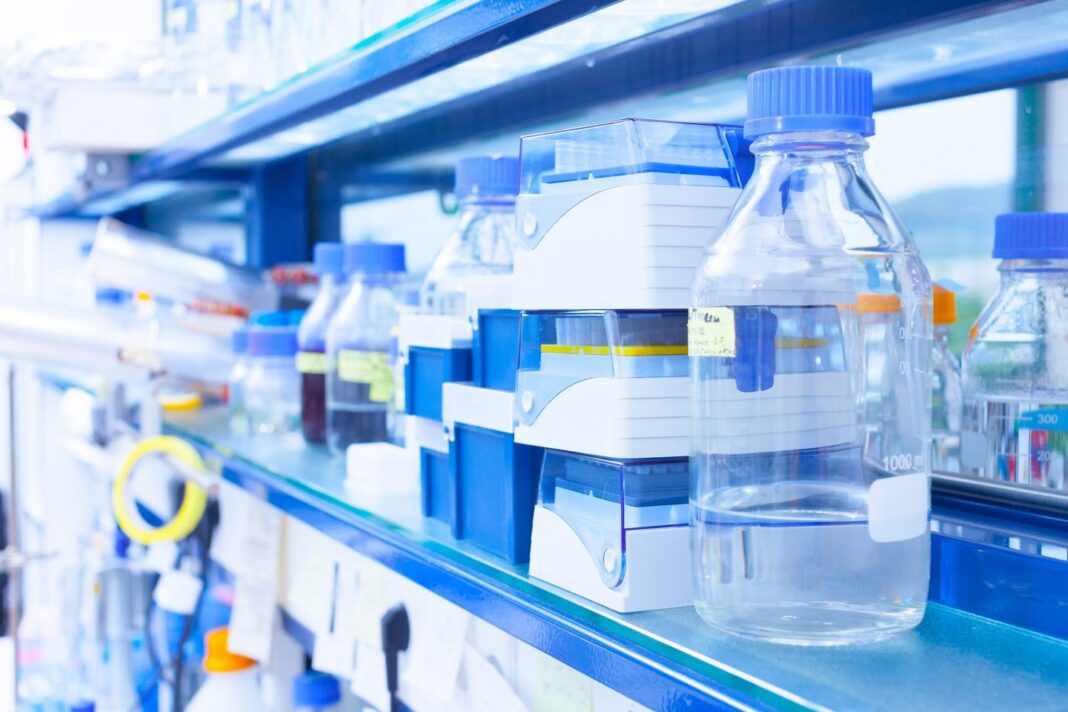During the COVID-19 pandemic, the pharmaceutical industry became increasingly collaborative. Jens Vogel, PhD, senior vice president and global head of biotech at Bayer’s pharmaceutical division, made time to talk about an example of the company’s collaboration in Berkeley, CA, and the growing importance of teamwork in the future.
Please briefly describe Bayer’s facilities in Berkeley.
The 46-acre campus in Berkeley is the largest operation in our global biotech network and covers development, plus clinical and commercial manufacturing of biologic therapies for global use.
What bioprocessing-related plans do you have for your Berkeley facility?
Beyond protein therapeutics and monoclonal antibodies, Berkeley is working together with our global network to develop innovative platforms for cell and gene therapy industrialization, and construction is underway for our first cell therapy launch facility.

As the community’s largest private-sector employer, we take our role as a corporate citizen seriously and have a long and productive relationship with the City of Berkeley. Foundational to our relationship is our development agreement, or DA, and I’m pleased to say the city council unanimously approved a 30-year extension last month. Through the extended DA, we will have a predictable and timely permitting process for 918,000 ft2 of new facilities that meet Bayer’s business requirements. The city receives Bayer’s commitment to a set of agreed guidelines that protect neighbors and the environment, and Bayer will provide more than $33 million to support STEAM (science, technology, engineering, the arts, and mathematics), education, and resiliency programs for our West Berkeley neighborhood, as well as affordable housing, childcare, and the arts.
During the COVID pandemic, it seems like there’s been more teamwork between industry and society, and Bayer’s ongoing relationship with Berkeley seems like an example that was ahead of the curve. Do you envision more teamwork in the future and how could that impact tomorrow’s bioprocessing?
We believe the global pandemic is an all-hands-on-deck situation. We were honored to support the local COVID Relief Fund and collaborate with the City of Berkeley to establish a drive-through COVID-19 vaccination clinic. Our global team also worked at unprecedented speed to support CureVac’s efforts to bring its first-generation mRNA vaccine to market. These examples are indicative of our collaborative approach.
In the future, collaboration will play an ever-larger role in moving our industry forward. Cell and gene therapy is still in its infancy. There is no consensus platform like exists for monoclonals. True innovations in development and manufacturing platforms are needed. Our global teams collaborate with internal and external innovation engines leveraging our expertise in late-stage development, chemistry, manufacturing, and controls strategy, and process engineering to ultimately bring these products to patients on a global scale.


